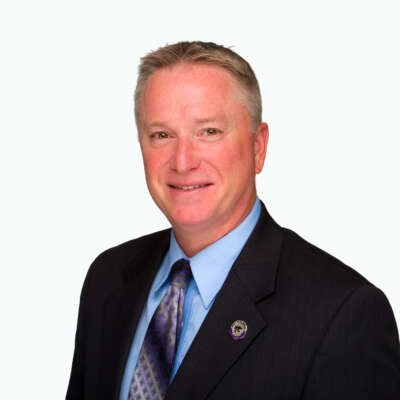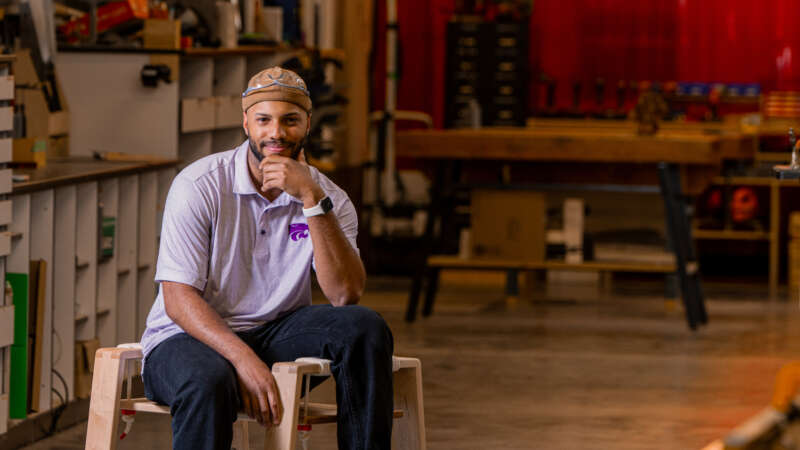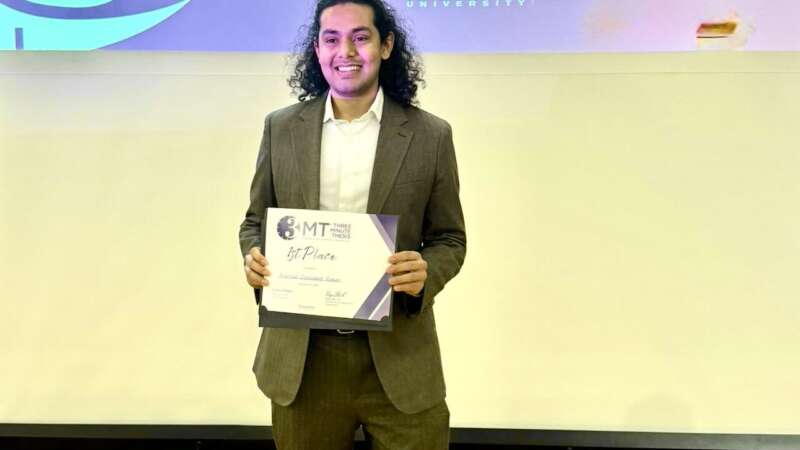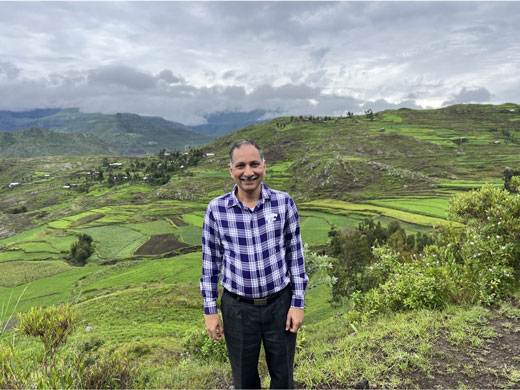With help from donors, K-State professors develop research partnership in Ethiopia.
In the academic and scientific world of grant competition, there’s a bit of a conundrum — to get funding for their projects, scientists must already have completed some research showing their project is viable and worthy of funding. However, this preliminary research requires funding that is often unavailable.
Thanks to support from donors, multiple Kansas State University College of Agriculture faculty members from various departments were able to travel to Ethiopia and gather data for a $ 1 million grant proposal, which they were awarded. Ron Kruse and Tom Hammond provided the seed money, and the Kruse family and friends provided matching funds that made the K-State professors’ grant application more competitive.
Barry Bradford and Jessie Vipham, faculty members in the Department of Animal Sciences and Industry, say this donor support was vital to the success of their proposal submitted to the United States Agency for International Development (USAID) Feed the Future Livestock Systems Innovation Lab grant, along with the matching funds K-Staters will utilize to partner with Project Mercy — a collaborator on the project in Ethiopia. This project also pulls on the expertise of several other K-State faculty, including Dustin Pendell from the Department of Agricultural Economics, Doohong Min from the Department of Agronomy and Travis O’Quinn from the Department of Animal Sciences and Industry.
“The funds that allowed us to complete our scoping visit were absolutely essential to enable us to craft a coherent proposal that actually aligned with the situation on the ground there, and we are extremely grateful,” Bradford said.
Project Mercy is an organization providing relief aid, educational assistance, comfort and support to those in need. To accomplish its mission, Project Mercy has implemented numerous community development programs. Bradford, Vipham and their team will be working with Project Mercy’s dairy cattle breeding program, which works to improve children’s health and generate more income for families.
“My interest came primarily from the founders of Project Mercy and their mentality about how to make the country better,” Hammond said. “I would think the K-State scientists would see this as an opportunity to do some quality research with an exceedingly well-run nonprofit organization that would be transferable to other parts of the world and create an intellectual attraction for undergraduates.”
This partnership will not only benefit the health of Ethiopian children, but will also advance opportunities for K-State’s faculty members and their careers, along with research. Bradford hopes K-State will have a prominent presence in Ethiopia and Project Mercy for many years to come.
“On a personal note, this was my first successful grant as a young faculty member, and I am grateful beyond measure for the support this has given me in beginning to develop a research program at K-State,” Vipham said. “These donations have supported my career growth and will directly impact the growth of K-State’s reputation in international agriculture research and development.”





